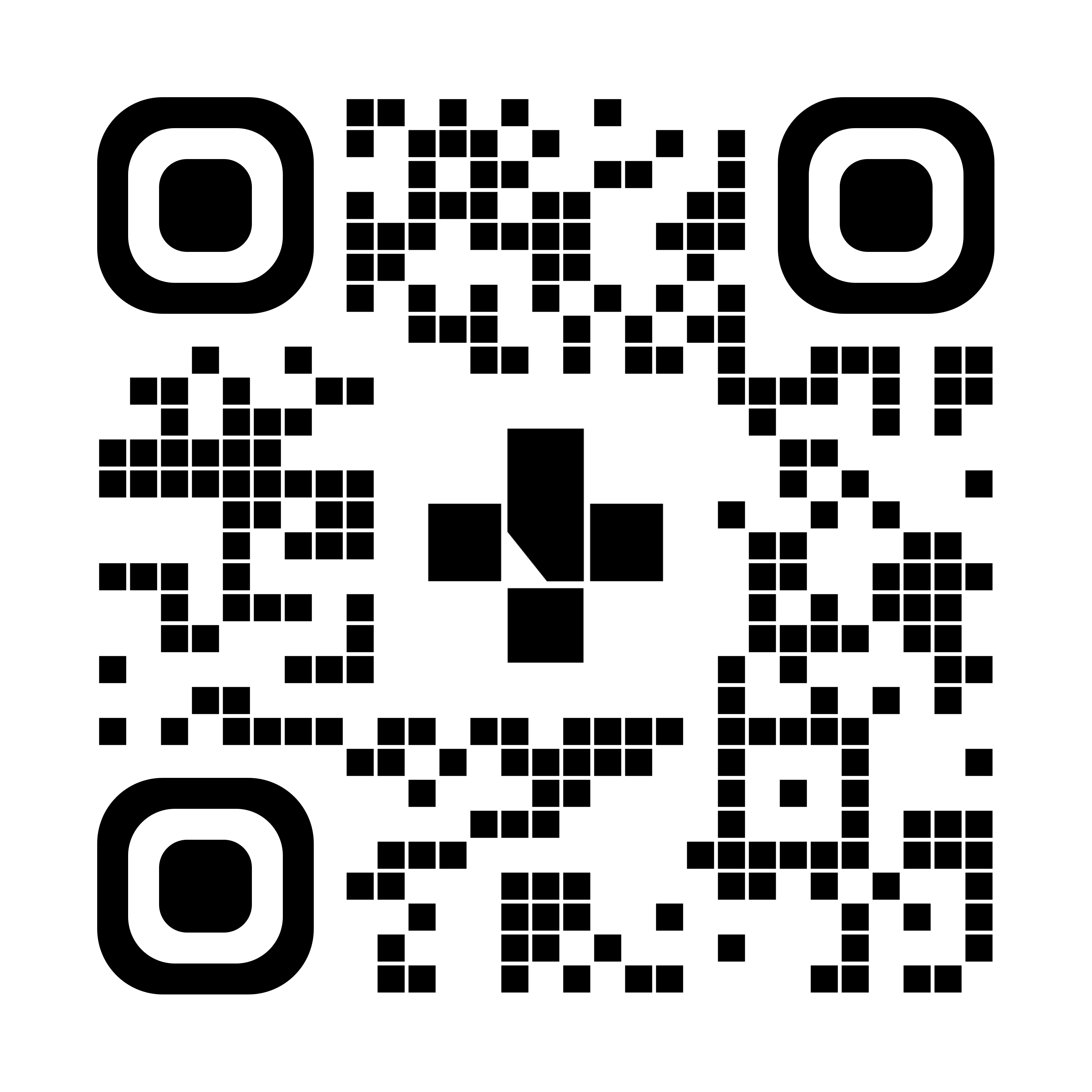Preventing Exposure to Drugs in Babies and Children
Learning about the risks
Using drugs like ecstasy, methamphetamines, cocaine, heroin, and fentanyl can affect a person’s ability to think and make decisions, which can affect their ability to provide proper care for children. Using these drugs can also create an unsafe environment for your baby or child.
Exposure to even a tiny amount of any drugs, including ecstasy, methamphetamines, cocaine, heroin, and fentanyl, can make your baby or child very sick or cause death. Exposure can happen in different ways, like:
- breathing in second-hand smoke or vapour from drugs
- being exposed through breastfeeding or breastmilk
- transferring from clothing, hands, or skin to a baby or child’s body, toys, soothers, bottles, and other items
- during diaper changes
- accidentally eating or touching drugs
Babies and children are in contact with their caregivers and everything in their environment, so exposure can happen in many places, like:
- in your home and other homes
- in vehicles
- in public places
- in parks and playgrounds
Keep all drugs and drug-related items, like bongs, pipes, lighters, needles, spoons, and fentanyl patches, locked up, out of sight, and out of reach of children. Anyone who comes in contact with drugs or drug-related items should:
- wash their hands before handling or feeding a baby or child
- wash their hands before touching toys or other items
- change their clothes before handling a baby or child
Call 911 now if you think your child has been exposed to drugs.
Death from exposure to opioids is preventable. If you think a baby or child has been exposed to opioids like heroin or fentanyl, naloxone is safe to give to anyone at any age.
If you’re concerned about your own or someone else’s drug use, talk with your healthcare provider. You can also call the Addiction Helpline anytime, day or night, at 1-866-332-2322, or visit Addiction and Mental Health.
Albertans can also access the Opioid Recovery Program anywhere in the province. Call 1-844-383-7688 for resources and supports in your community.
To see this information online and learn more, visit MyHealth.Alberta.ca/health/aftercareinformation/pages/conditions.aspx?hwid=custom.ab_preventing_drug_exposure_child_inst.

For 24/7 nurse advice and general health information call Health Link at 811.
Current as of: August 16, 2024
Author: Early Years Health Promotion, Alberta Health Services
This material is not a substitute for the advice of a qualified health professional. This material is intended for general information only and is provided on an "as is", "where is" basis. Although reasonable efforts were made to confirm the accuracy of the information, Alberta Health Services does not make any representation or warranty, express, implied or statutory, as to the accuracy, reliability, completeness, applicability or fitness for a particular purpose of such information. Alberta Health Services expressly disclaims all liability for the use of these materials, and for any claims, actions, demands or suits arising from such use.
